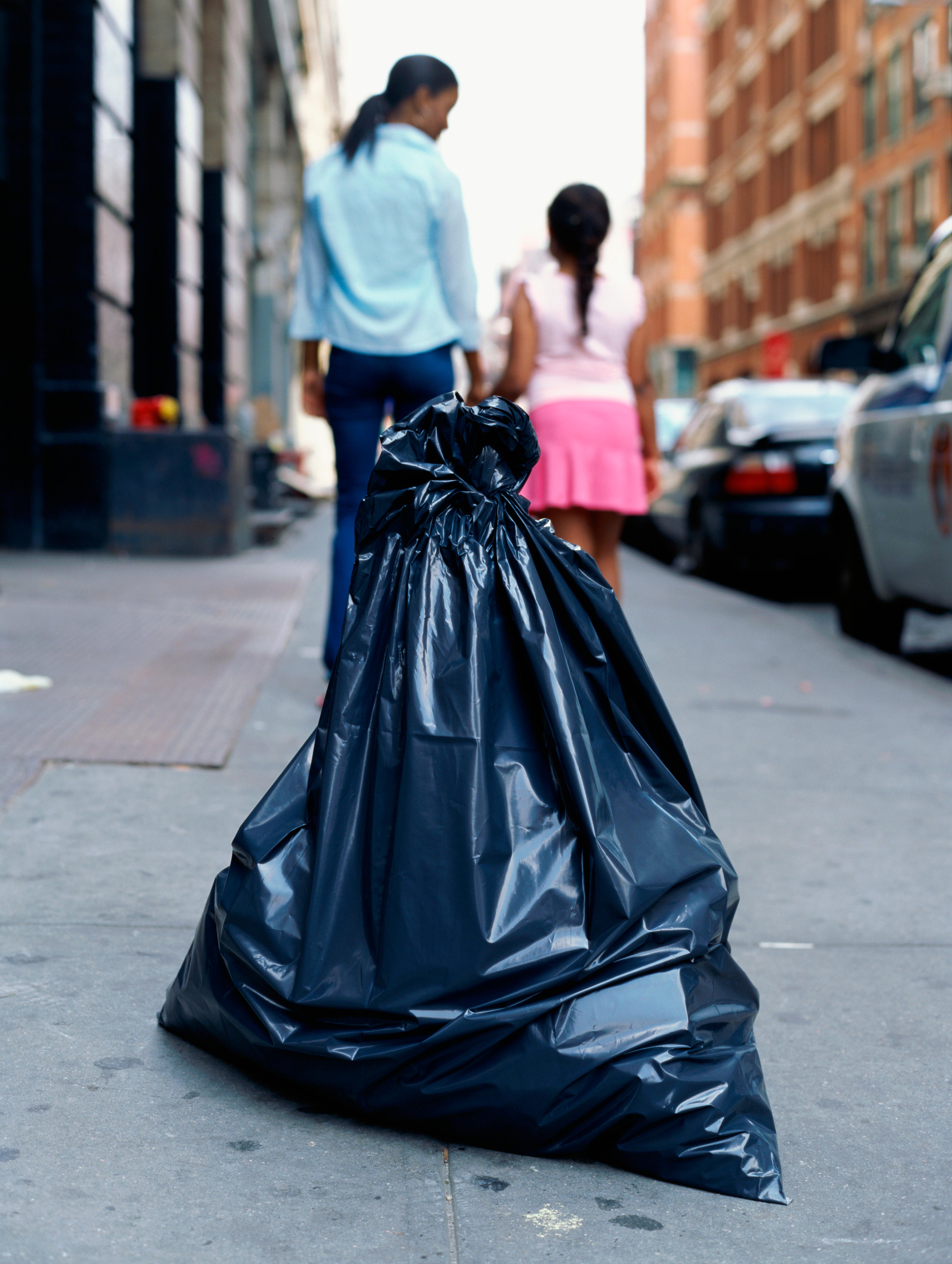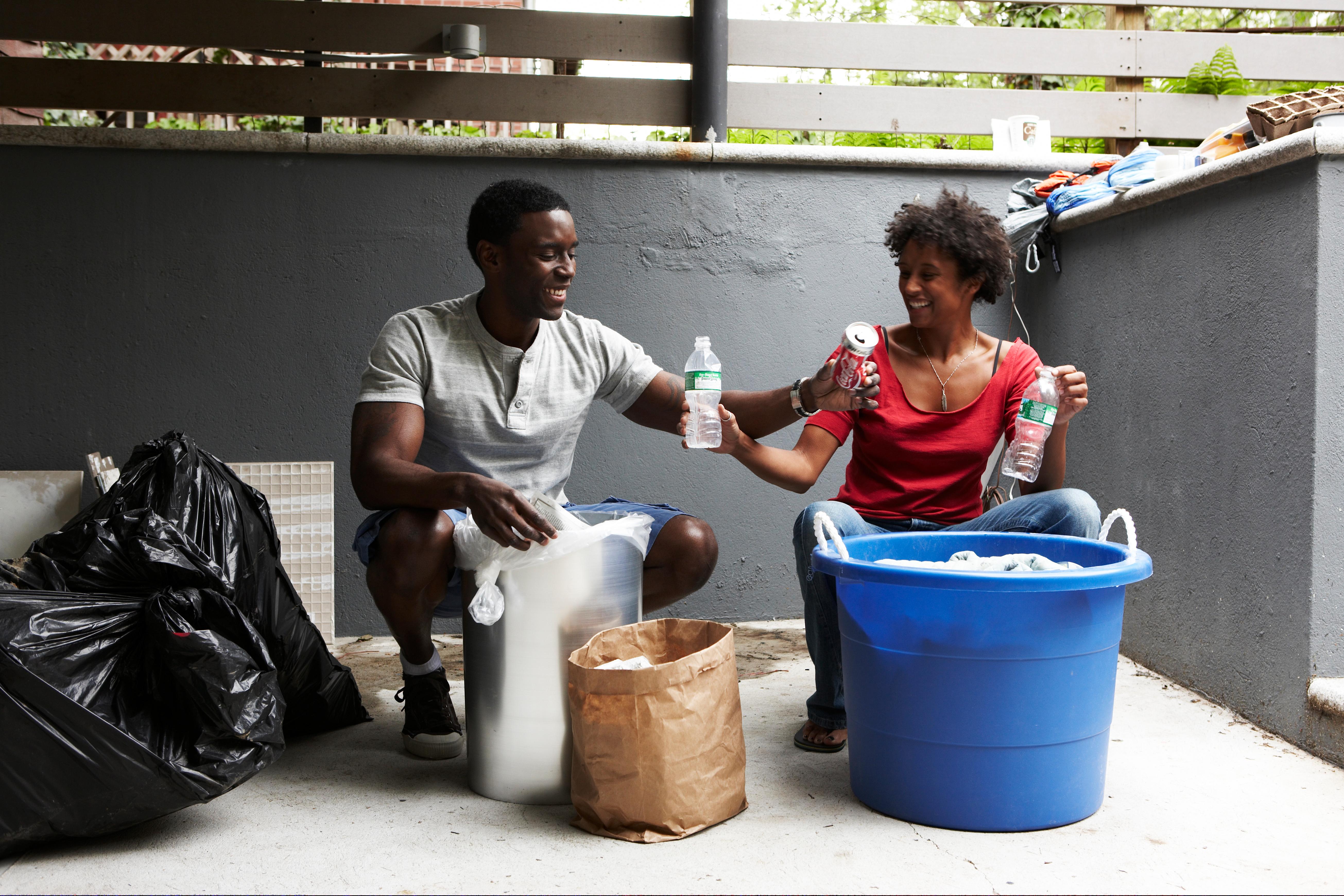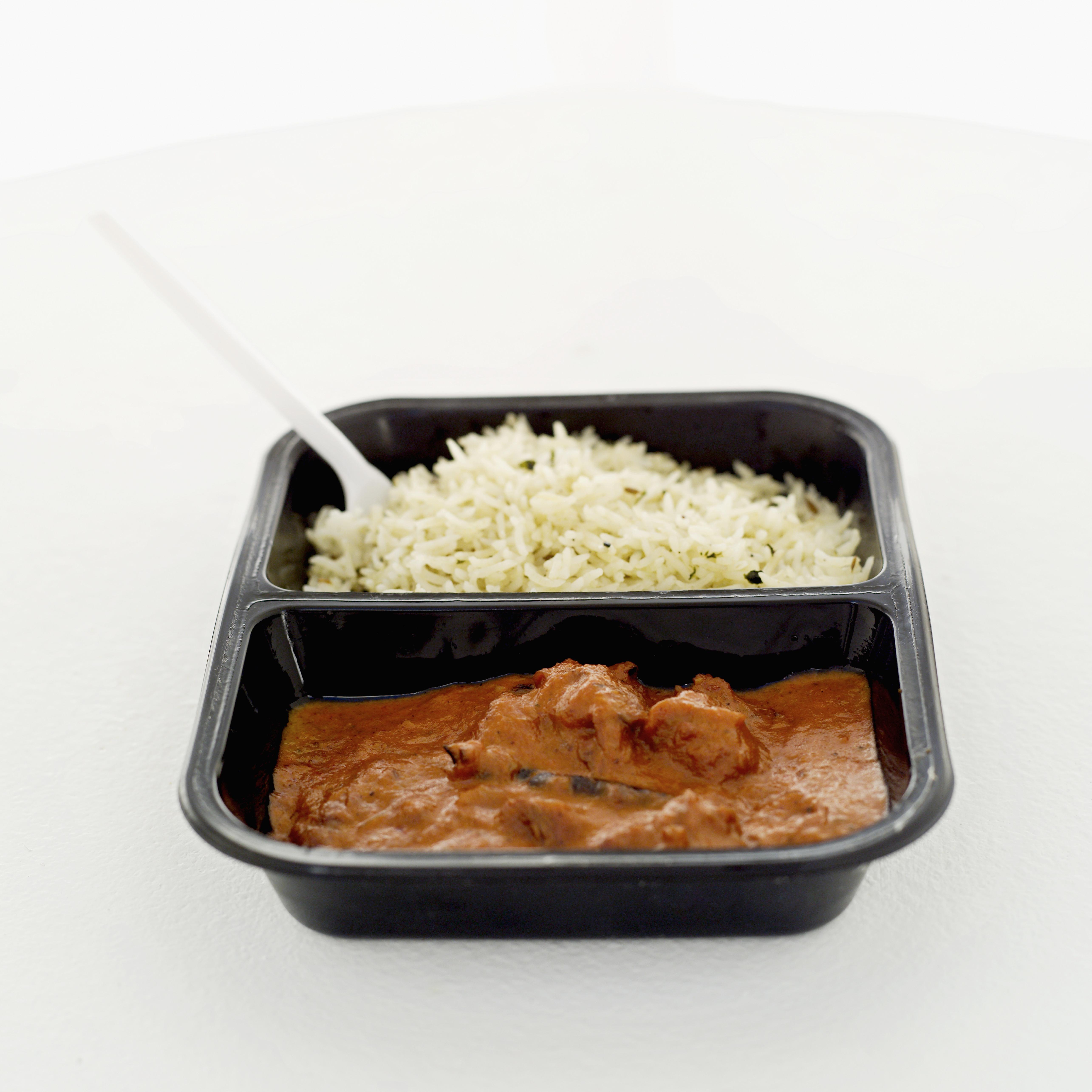Why Isn't Black Plastic Recyclable? Here's What You Should Know
Published March 19 2021, 4:50 p.m. ET

Although we aren't a huge fan of plastics, we know that some types are are worse than others. For example, certain types can be recycled, while others can't. Likewise, some are even more toxic than others. But when it comes to black plastic, is it non-recyclable, but it’s also made with highly dangerous toxins. Keep reading to find out why black plastic is not recyclable, its toxic makeup, and the problems it causes within the plastic recycling stream.
Why isn't black plastic recyclable?

Black plastic is non-recyclable and actually poses massive difficulties to recycling centers, because it contaminates other plastics. Conventional plastic-sorting facilities utilize near infrared radiation, or a light beam that bounces off the plastics, to identify and sort them. The technology, however, has a low sensitivity to black pigments and other dark colors, which absorb the light from the infrared radiation. Therefore, it can't be sorted.
Because the black plastic is most often sorted incorrectly — or really, not sorted at all – black plastic most often ends up in the trash rather than into the recycling center where it can be turned into new products. So, if it isn't contaminating plastic that can be recycled – rendering that plastic un-recyclable, too – then it’s hurting the environment in a different way, by going to the incinerator or a landfill.
Neither option is technically eco-friendly. After all, black plastic will not biodegrade naturally and therefore, will sit in a landfill for millions of years, contributing to greenhouse gas emissions. The incinerator is not exactly a better option either; as it will still release harmful greenhouse gas emissions. Not to mention, incinerators generate pollution on their own, releasing dioxin, lead, mercury, carbon dioxide, and other pollutive greenhouse gas emissions.
Why is black plastic toxic?

Black plastic is toxic on its own, because it contains highly poisonous additives and flame retardants. In fact, about 40 percent of black plastic includes heavy metals like cadmium, mercury, and lead, which are known carcinogens. Some black plastic even contains levels of these toxins that exceed 30 times the governmental safety standard. Yikes!
But despite being flat-out terrible on their own, the hazard levels of toxins black plastic effectively increase in the recycling center, where black plastic is more likely to mix in with other types of plastic. When black plastic mixes with other plastics, including food-grade plastic, the levels of poisonous ingredients and additives in each join together and exceed legal limits even further. That level of exposure could be harmful to humans, animals, and the environment.

Since black plastic is non-recyclable, it most likely ends up in a landfill, whether it was directly trashed by a consumer or it found its way there inadvertently through the recycling stream. It sits int he landfill for years without breaking down, with its toxins leaching into the soil and waterways, ultimately wreaking havoc on animals and the planet. Bottom line — we could definitely break up with black plastic, for the sake of the planet.